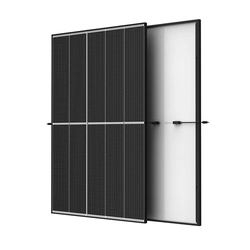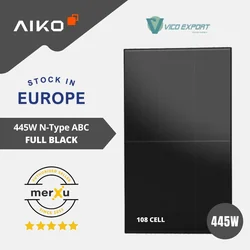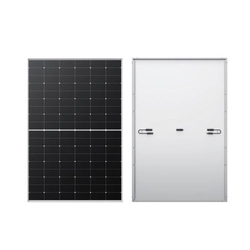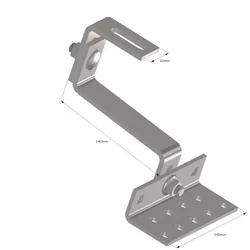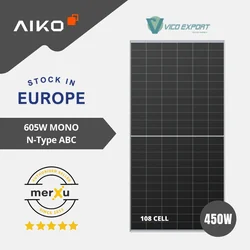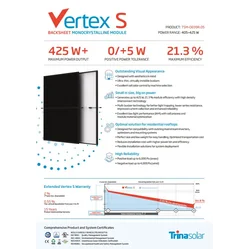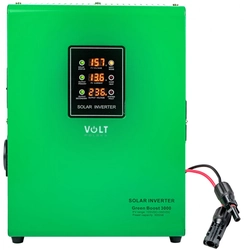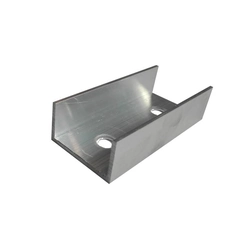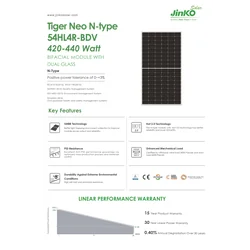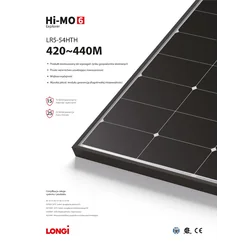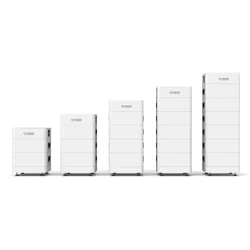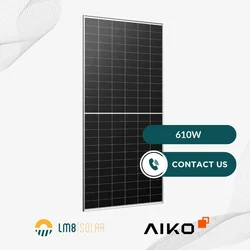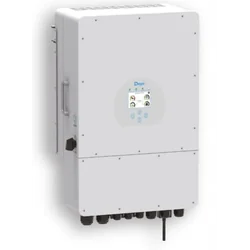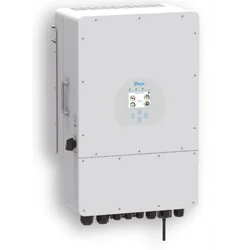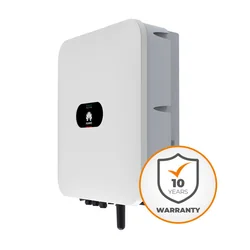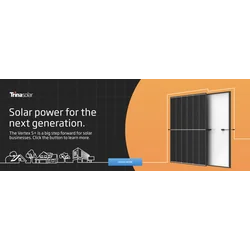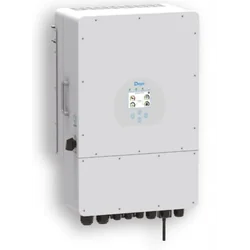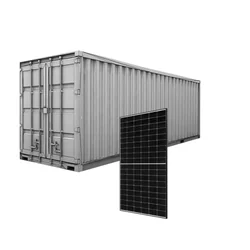
Integrating renewable energy into industrial processes: Challenges and opportunities for EU entrepreneurs
Integrating renewable energy into industrial processes: Challenges and opportunities for EU entrepreneurs
In the face of escalating climate concerns, the integration of renewable energy into industrial processes has become a pressing necessity. For entrepreneurs in the European Union (EU), this transition presents a unique blend of challenges and opportunities. This article delves into the potential of incorporating renewable energy sources into various industrial processes and the implications for EU entrepreneurs.


Jinko JKM480N-60HL4-V, Jinko 480 black frame

Jinko photovoltaic module 480 480W JKM480N-60HL4-V BF

Deye RW-M6.1 Energy storage 51.2V 120Ah LiFePO 4

Photovoltaic module PV panel 435Wp Longi Solar LR5-54HTH-435M Hi-MO 6 Explorer Black Frame Black frame
VARIO roof hook for Photovoltaics with double adjustment 140mm thick 1.4016
The potential of renewable energy in industrial processes
The potential of renewable energy in industrial processes
Renewable energy sources, such as solar, wind, and hydro, hold immense potential for powering industrial processes. The EU, with its diverse geographical features and climates, is particularly well-suited to harness these resources. For instance, solar power can be used in industries such as food and beverage for processes like pasteurization, drying, and cleaning. Wind energy, on the other hand, can power heavy machinery in manufacturing industries. The potential for renewable energy in industrial processes is vast and largely untapped, offering a fertile ground for innovation and entrepreneurship.

VOLT POLSKA GREEN BOOST MPPT 3000 (120-350VDC) SOLAR CONVERTER FOR WATER HEATING, BOILER 3SR3000001
JINKO 480W N-TYPE JKM480W-60HL4-V BF

Photovoltaic module PV panel 440Wp Longi Solar LR5-54HTH-440M Hi-MO 6 Explorer Black Frame Black frame
Challenges in the path of renewable energy integration
Challenges in the path of renewable energy integration
Despite the potential, the integration of renewable energy into industrial processes is not without its challenges. The initial investment required for renewable energy infrastructure can be substantial, potentially deterring small and medium-sized enterprises. Additionally, the intermittent nature of renewable energy sources, such as solar and wind, can pose reliability issues. Furthermore, the lack of skilled workforce and the need for technological advancements to efficiently harness renewable energy are significant hurdles. These challenges necessitate innovative solutions, providing entrepreneurs with opportunities to make their mark.

Jinko Solar photovoltaic module 475 475W JKM475-60HL4-V BF

Jinko Solar 425W JKM-425N-54HL4-V Black Frame BF
Opportunities for EU entrepreneurs in renewable energy integration
Opportunities for EU entrepreneurs in renewable energy integration
The challenges in renewable energy integration, while substantial, present numerous opportunities for EU entrepreneurs. The high initial investment required for renewable energy infrastructure opens up avenues for financial innovation, such as new financing models and investment platforms. The need for technological advancements presents opportunities for tech entrepreneurs to develop innovative solutions for energy storage and efficiency. Moreover, the transition to renewable energy is likely to create a surge in demand for skilled workers, offering opportunities for businesses in the education and training sector.

Trina Solar 430W NEG9R.28 N-Type Double Glass Black Frame 430 TOPcon

JA SOLAR JAM72D42 BIFACIAL 625W LB (N-Type) MC4 EVO CONTAINER

Photovoltaic module PV panel 545Wp Canadian Solar CS6W-545MS Silver frame

Double adjustable roof mounting bracket - Hook 140x56x5/5
In conclusion, the integration of renewable energy into industrial processes is a complex yet rewarding endeavor. For EU entrepreneurs, it presents a chance to contribute to the fight against climate change while capitalizing on the economic opportunities it presents. As the EU continues to push for a greener future, the role of entrepreneurs in this transition will be pivotal.
